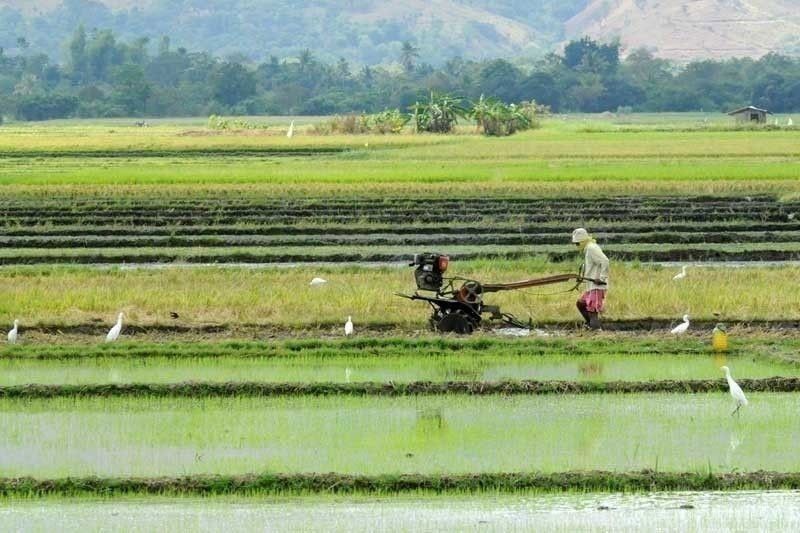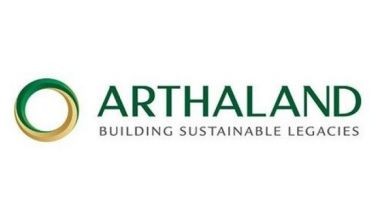‘High tariff, raw material procurement hindering private investments in agriculture

MANILA, Philippines — High taxes, custom duties and tariff rates, and difficulty in procuring licenses and raw materials are among the factors hindering private sector investments in the agriculture sector, an economic expert said.
In a forum organized by think tank Stratbase ADR Institute, Foundation for Economic Freedom fellow Fermin Adriano pointedout the need for more private sector investments to increase agricultural productivity.
“The limited private sector investment in Philippine agriculture, which is evident in the small percentage of establishments – only one percent engaged in the sector - contributes to consistently low farm productivity,” he said. “Without heavy private sector investment, our agriculture sector will not develop because the resources in the hands of the government is limited. The bulk of resources in this country is in the hands of the private sector.
If they are not going to actively participate, I don’t see a future in the agriculture industry.”
Adriano then identified some of the main investment bottlenecks as far as the private sector is concerned.
“For those who are needing imported materials as raw materials, they complain about the high tariff rates of certain commodities. For example, you’re involved in animal feed milling, the tariff rate is about 35 percent lowest and it can go as high as 40 percent or above compared to Vietnam which is only about two percent,” Adriano said.
He said that the high tariffs for raw materials such as corn for feeds result in higher cost of livestock in the Philippines.
“Our prices (of livestock) here are exorbitantly high — 73 percent higher than Vietnam, probably double than Thailand. The main reason for that is the cost of raw materials here is very expensive.
They produce corn in Thailand. Vietnam imports corn but at two percent. The solution there is increase their income or lower the prices by lowering their tariffs so that imported items will come in, raw materials, and then end product will be lower,” Adriano said.
Furthermore, Adriano also identified difficulty in developing commercial farms, climate change, and the perceived inadequate government support in reducing or mitigating risks particularly in the spread of animal and plant diseases, as among the other main constraints to private sector investments.
In a speech last week, President Marcos affirmed the need to industrialize the agriculture sector amid the rising demand in agriculture products due to population density and the current geopolitical situation in the country.
“Investments in infrastructure and in the capacity of our people — whether in agriculture, education,
health, or transportation — are crucial in driving our nation and our economy forward... we put a high premium on investments in agriculture, as it is the key to combatting hunger and poverty, and achieving our goal of food sufficiencyand security across the country,” Marcos said.
Agriculture Undersecretary Deogracias Victor Savellano said resolving regulatory matters for veterinary feeds, drugs and biologicals, including vaccines, is necessary to encourage more investments in the agriculture sector,and ultimately, ensure food security in the country.
“The government, wants to have coherent policiesand definite answers to the stakeholders in agriculture. By having these, we hope to make them investmore. The regulatory matters have to be aligned to getthe private sector to produce more food and ensure food security for the nation,” he said.
To ensure stability in the food supply chain in the country, Stratbase Group COORP Manhit said he supports lowering the tariff of raw materials in the meantime, whileM continuously providing assistance to local farmers.
He said there is a need to have proper forecasting to create a balance between the importation andlocal production of agriculture products. “The local industry stakeholders said they are capableof producing the demand of the Philippine market, as long as there is proper forecasting and enough data research,” Manhit explained.
- Latest
- Trending































